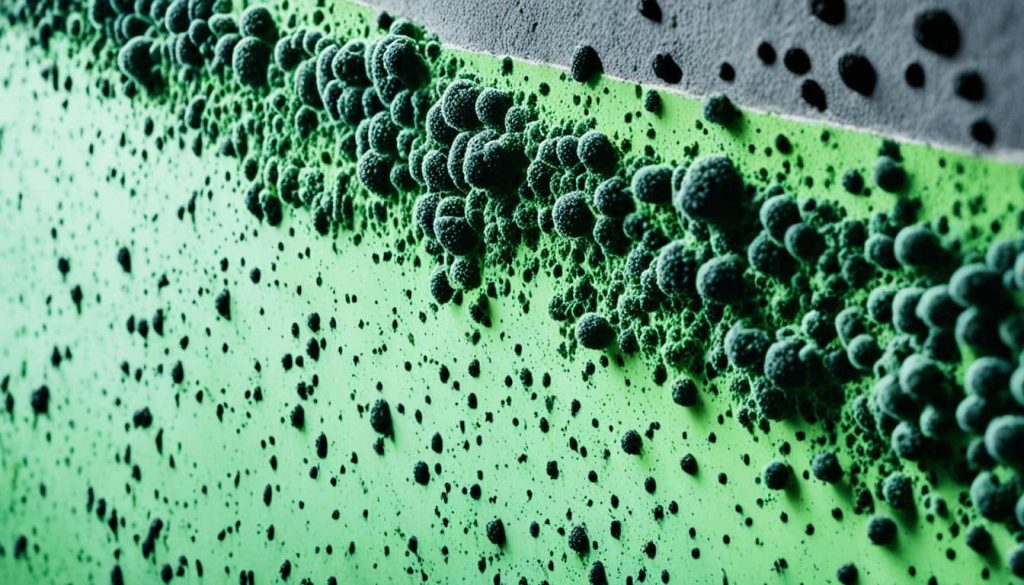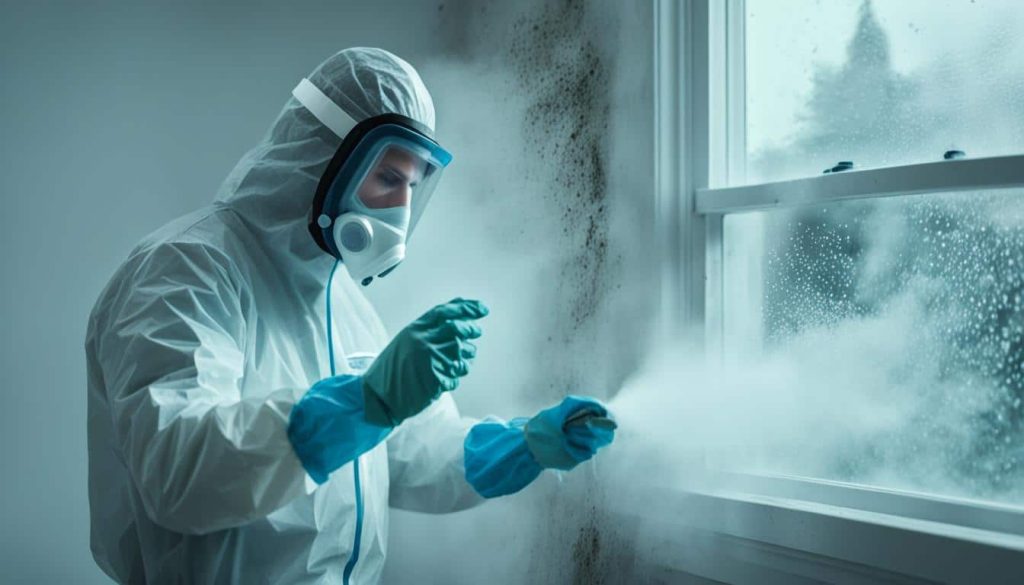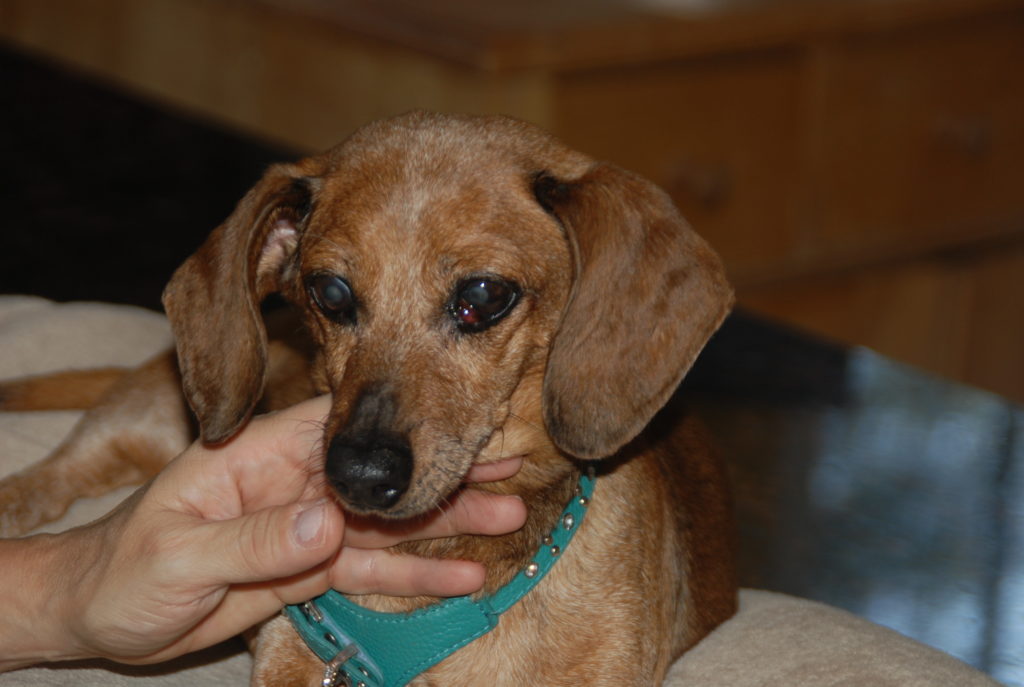As a seasoned mold expert with extensive experience—having conducted over three thousand mold tests and inspections—I’ve encountered various scenarios involving mold’s impact on human health. Recently, however, I’ve received multiple inquiries about how Dogs and Mold exposure might affect our furry companions. This article delves into the relationship between dogs and mold, highlighting the potential health risks and providing guidance on how to address these concerns.
Array of Solutions, a trusted name in mold removal in Greenville South Carolina since 2007, stands ready to tackle your mold woes. With our expert mold inspection Greenville services and EPA-Registered credentials, we’re equipped to detect, remove, and prevent mold growth in your home or business.
Table of Contents
Can Dogs Get Sick from Mold Exposure?
Absolutely, dogs can be adversely affected by mold exposure. While mold is often discussed in the context of human health, pets, especially dogs, are also susceptible to its harmful effects. Mold, particularly species like Stachybotrys (commonly known as Black Mold), can release spores into the air that, when inhaled, may lead to a range of health issues in pets.

Signs That Your Dogs and Mold is Affecting It’s Health:
If your dog is exposed to mold, there are several symptoms to watch for:
- Lethargy: A sudden decrease in energy or activity levels.
- Nausea: Indications of nausea can include vomiting or changes in appetite.
- Coughing or Wheezing: Respiratory issues similar to those humans experience.
- Skin Irritations: Itchy or inflamed skin, which can be exacerbated by mold allergens.
- Behavioral Changes: Unusual changes in demeanor, such as increased irritability or anxiety.
These symptoms can be subtle, and it’s crucial to consider environmental factors if your pet is displaying any of these signs.
Case Study: A Personal Experience with Dogs and Mold
Recently, I received two consecutive inquiries that prompted me to address this issue in detail. The first case involved a client who had moved to a new rental home with their four dogs. Shortly after moving in, the dogs began exhibiting symptoms such as lethargy, nausea, and noticeable changes in behavior. Despite numerous vet visits and treatments, the symptoms persisted.
The client, distressed and exhausted, even considered euthanasia for one of the dogs due to the ongoing issues. Remarkably, when the dogs were taken on vacation away from the home, all symptoms disappeared. This led to further investigation, and during an annual follow-up inspection at the property, I discovered an alarming level of Stachybotrys or Black Mold.
The situation highlighted a critical point: the presence of high levels of Black Mold in the home was likely contributing to the health issues experienced by the dogs.
How to Protect Your Pets from Mold
- Regular Inspections: Regularly inspect your home for signs of mold growth, especially in areas prone to moisture, such as basements, crawl spaces, and bathrooms.
- Maintain Cleanliness: Keep your home clean and dry. Mold thrives in damp environments, so controlling moisture is key to prevention.
- Ventilation: Ensure proper ventilation in your home to reduce humidity levels. Use dehumidifiers if necessary.
- Immediate Action: If you suspect mold in your home, act promptly to address the issue. Contact a professional mold inspector to assess and remediate the problem.
- Vet Check-ups: If your pet exhibits any symptoms of mold exposure, consult a veterinarian. Ensure that your vet is aware of any potential environmental factors contributing to your pet’s health issues.

Conclusion
If you notice any unusual symptoms in your dogs or other pets and suspect mold might be a factor, it’s essential to have your home tested for mold. At Array of Solutions, we specialize in thorough mold inspections and remediation. My name is Douglas Whitehead, and I am here to help you ensure a safe and healthy environment for both you and your pets.
If you have concerns about mold in your home or business, or if you suspect that mold might be affecting your pets, don’t hesitate to reach out. Call me at 864-710-6413 for a comprehensive mold assessment and to discuss any questions or concerns you might have.

